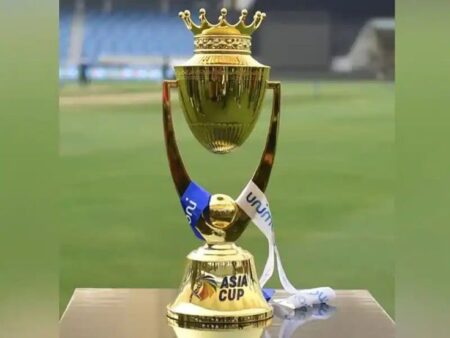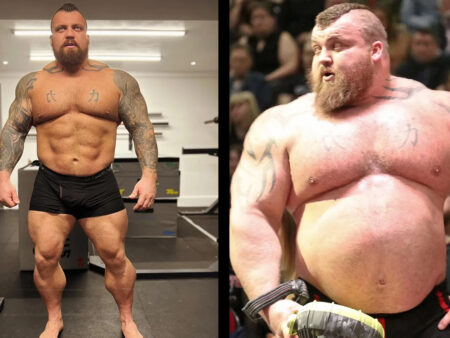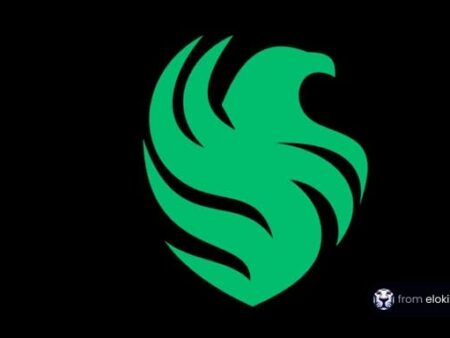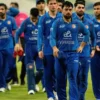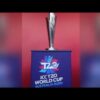For a decade, Michael Malone was the voice of the Denver Nuggets. He was the tough leader during their championship journey, the empathetic supporter when Jamal Murray was injured, and Nikola Jokic`s biggest advocate.
After the Nuggets` fourth consecutive loss, Malone frankly assessed the team`s struggles, unaware of the changes brewing.
Malone questioned the team`s unity and commitment after their losing streak, urging self-reflection. He admitted his own coaching might be falling short.
Unbeknownst to Malone, team president Josh Kroenke had been considering changes for months.
Malone`s messages seemed ineffective. Weeks prior, he publicly criticized the team`s effort after a loss to Portland, questioning their pride and commitment with the season nearing its end.
He addressed issues like rebounding and turnovers, expressing disappointment in their performance.
When asked about the team`s reaction to his harsh words, Malone stated his honesty was crucial, regardless of players` reception.
The Nuggets` performance had declined since the All-Star break, despite remaining in playoff contention.
Internal conflicts became visible, with viral clips showing player disagreements and team tension.
The relationship between Malone and GM Calvin Booth had deteriorated, creating a toxic environment within the organization.
Sources indicated staff felt pressured to take sides, diverting focus from team improvement and impacting morale.
A team source described widespread unhappiness, leading Josh Kroenke to believe that removing Malone and Booth was necessary for a fresh start.
Insiders revealed the conflict between Malone and Booth had poisoned the team for years, masked by previous success. Recent losses brought these issues to light.
Kroenke decided to fire both Malone and Booth, aiming to revitalize the team`s direction. He had considered this move earlier, but winning streaks temporarily delayed it.
Kroenke acknowledged that winning had masked underlying problems, but concerning trends prompted decisive action.
He consulted with his father, Stan Kroenke, and Kevin Demoff, seeking guidance before making the final decision.
On Tuesday, players arrived for practice unaware of the impending changes. Only Nikola Jokic was privately informed of Malone`s dismissal beforehand.
Jokic acknowledged the decision was final and accepted Kroenke`s explanation.
Players were then informed of the firings in a team meeting, expressing shock and disrespect for dismissing a championship coach.
The timing, just before the playoffs, was intended to create immediate change and maximize the season`s remaining potential.
The Nuggets` focus was on securing multiple championships with Jokic. Booth aimed to build a long-term contender through young talent, while Malone favored retaining veteran players from their championship team.
Malone reportedly resented Booth`s decisions in free agency, suspecting it was a strategy to push younger players into the lineup.
Sources described a fundamental disagreement in team-building philosophies, causing tension.
This conflict affected team dynamics, with players questioning if the dysfunction impacted playing time.
Sources suggested players perceived favoritism, with Malone potentially sidelining “Booth`s guys.”
Over time, players reportedly lost faith in Malone`s leadership, contributing to inconsistent effort and team struggles.
Malone`s reluctance to heavily utilize younger players mirrored other veteran coaches, but in Denver, it fueled speculation about underlying motives.
For example, Malone`s hesitation to play Nnaji at power forward, despite positive data, raised questions among staff.
Data indicated Nnaji performed better at power forward than center, yet his usage at center continued.
Malone`s decision to start Westbrook over Braun was also questioned, despite Braun`s strong performance and team contributions.
While advanced stats supported the Jokic-Westbrook pairing at the time, the move was seen as unfair to Braun.
Jokic, though publicly silent, was reportedly aware and unhappy with the internal issues.
Sources indicated Jokic subtly conveyed his dissatisfaction throughout the season.
Jokic has consistently shown loyalty to Denver. He previously expressed contentment with their championship win, downplaying the need for constant striving.
His agent`s recent social media post hinted at potential openness to other teams, but the Nuggets remain focused on maximizing Jokic`s prime years in Denver.
Team officials emphasize the urgency to capitalize on having the league`s best player.
This urgency drove Kroenke`s decision, heightened by Jokic`s upcoming contract extension eligibility and interim coach David Adelman`s potential candidacy for other coaching positions.
Giving Adelman an interim role provides the Nuggets an advantage in potentially retaining him.
Sources suggest players respect Adelman and believe they will respond positively to his leadership.
Booth`s dismissal alongside Malone reflects a decision to eliminate both sides of a disruptive conflict.
Sources explained that choosing one side would have created further division and instability.
Kroenke held both Malone and Booth accountable for allowing personal issues to harm the organization.
Sources pointed to ego clashes as the root of the problem, affecting the entire team.
Booth had been offered a contract extension, but its delay and eventual withdrawal signaled deeper issues.
The Nuggets have a history of developing executive talent but struggle with retention, often due to compensation.
Past executive departures highlight a pattern of the Kroenke ownership prioritizing player and coach salaries over front office compensation.
Booth aimed to break this trend, achieving success early in his GM tenure by assembling a championship roster.
While Malone received an extension after the championship, assistant coaches and Booth`s staff did not, contributing to internal tension and uncertainty.
Contract uncertainties and perceived undervaluation added pressure and instability within the organization.
Sources attributed the situation partly to ownership`s approach to front office compensation.
Kroenke`s meetings with players and coaches aimed to address recent underperformance and team culture.
Adelman described the meetings as positive for team unity and refocusing on expectations.
Kroenke`s message emphasized the need to rediscover team enjoyment and effort, aiming to rebuild their championship culture.
During their championship season, team culture thrived on trust and unity, contrasting with recent internal conflicts.
Malone`s past outspokenness was seen as beneficial during their championship run, but his approach became less effective during recent struggles.
In times of losing, his directness became perceived as negativity, losing its impact.
Sources acknowledged Malone`s coaching ability but noted his personality and the Booth conflict created fatigue and distraction.
His style contrasted with Jokic`s selfless and understated leadership, creating internal friction.
The game following the firings was seen as a fresh start, with improved team communication and player engagement.
Players, including Braun, noted better communication and initiative during the game, reducing reliance on coaching direction.
Jokic actively participated in huddles, indicating renewed engagement and leadership.
Jokic suggested Kroenke`s actions might have been a deliberate attempt to motivate the team, referencing the idea of a “vulnerable beast” becoming most dangerous when provoked.
The Nuggets now face a limited time to capitalize on these changes and salvage their season.
